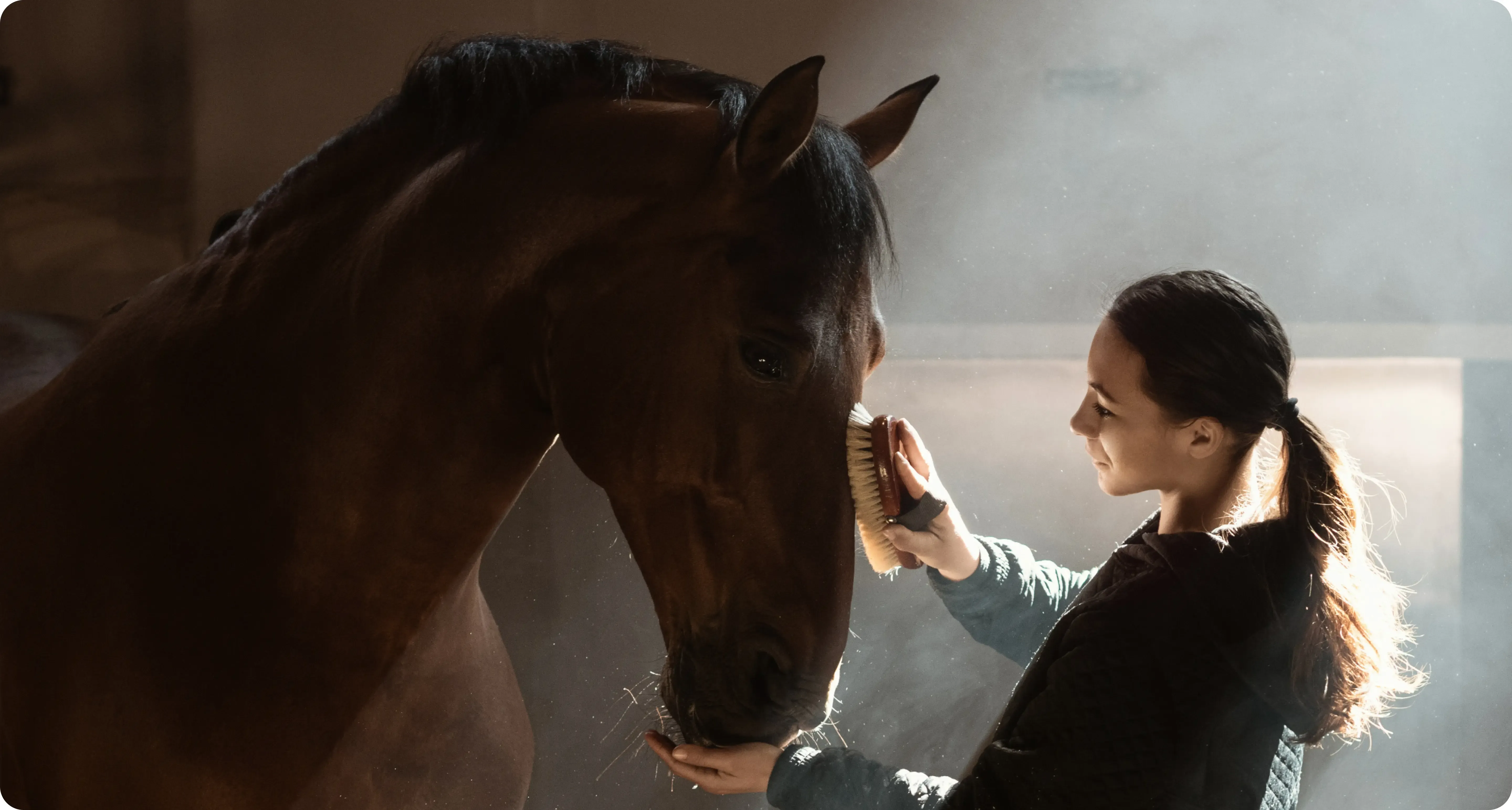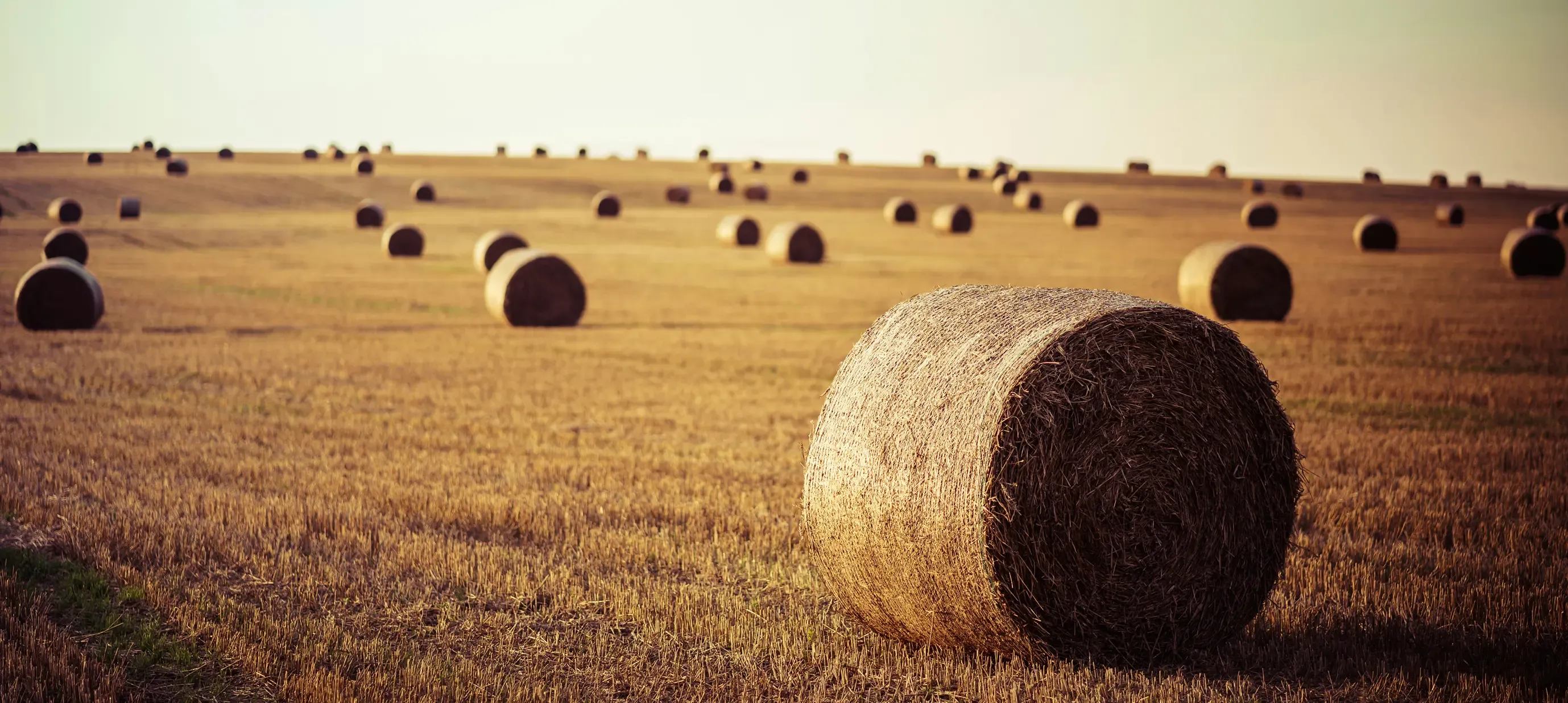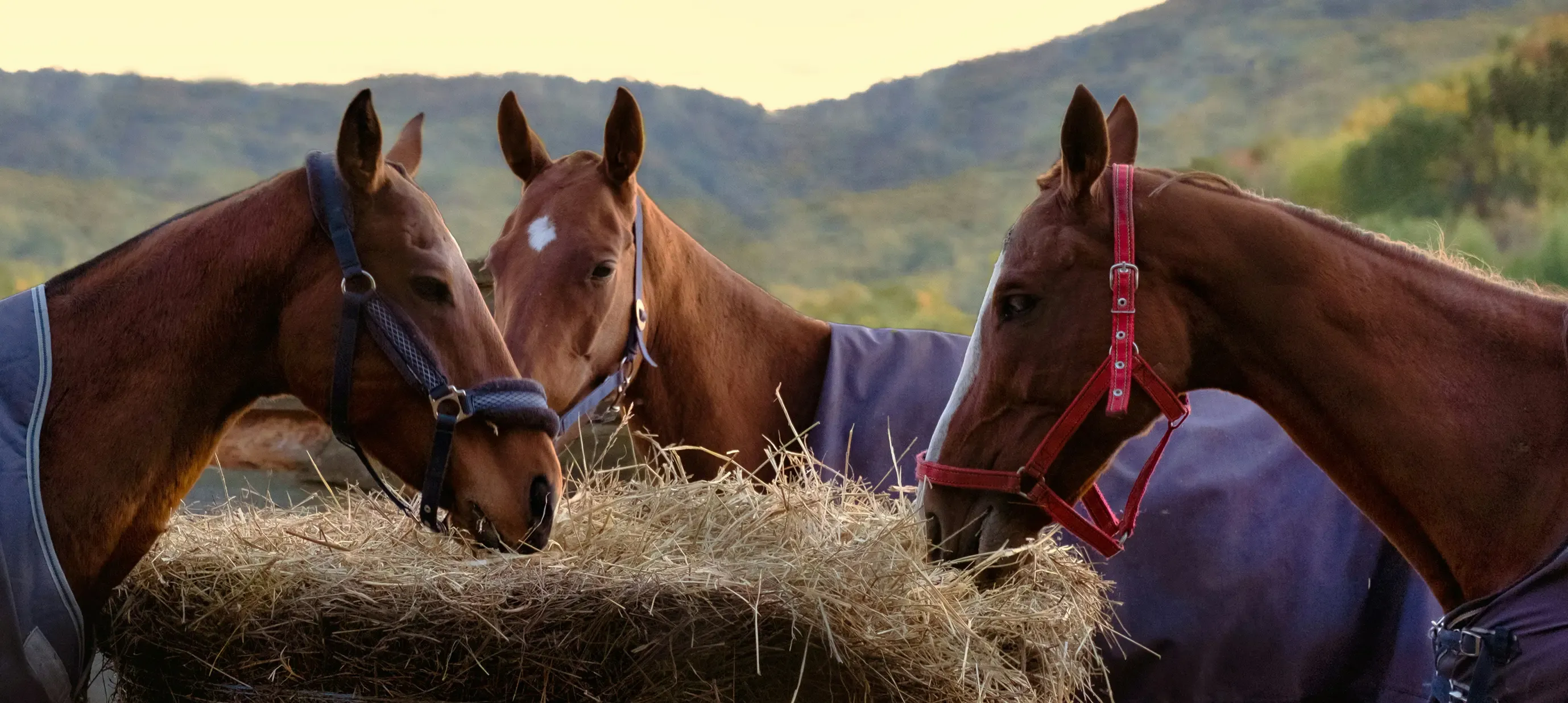
How to Keep a Balanced Diet for Your Horse
Maintaining a balanced diet for your horse is essential for its overall health, performance, and well-being. Here’s a guide to ensure your horse receives proper nutrition:
Quality Hay and Forage
The foundation of any horse’s diet should be high-quality hay or pasture. Horses are herbivores and need a continuous supply of fiber to support digestion and maintain a healthy gut. Grass or hay should be the primary part of their diet, with alfalfa being a popular choice for horses with higher energy needs.
Grain and Concentrates (If Necessary)
While hay should make up most of your horse’s diet, some horses may need additional calories and nutrients, especially if they are working hard or have special dietary needs. Choose a grain or concentrate that suits your horse’s workload and metabolism. Ensure feeding is appropriate for their age, weight, and activity levels. Always start with small quantities and monitor how your horse responds.
Essential Vitamins and Minerals
Horses need a balance of vitamins and minerals to stay healthy. Ensure they are getting enough calcium, phosphorus, magnesium, and salt. A high-quality mineral supplement can help fill any gaps in their diet, particularly if they are not receiving a fully balanced diet.
Water is Key
Access to fresh, clean water is crucial for your horse’s hydration and digestion. Make sure your horse always has access to water, especially after exercising. Dehydration can lead to serious health issues, so monitor their water intake, especially in hot weather or after physical activity.

Monitor Protein Intake
Protein is vital for muscle development and recovery, especially in performance horses. However, excessive protein can stress the kidneys, so it’s important to tailor the amount based on your horse’s activity level. Opt for a protein source that is digestible, such as soybean meal, alfalfa, or other quality grains.
Hay or Pasture Quality
Ensure the forage you offer is free from contaminants like mold or weeds. Pasture grazing is excellent, but make sure your land is safe and that the grass is fresh and pesticide-free. Supplement hay with forage when grazing is not available.
Treats in Moderation
While horses love treats, it’s important not to overfeed them. Healthy treats like carrots or apples can be used as rewards or for bonding, but they should not replace regular food.
Monitor Body Condition
Regularly assess your horse's body condition. If your horse is gaining or losing weight unexpectedly, it may indicate a need to adjust their diet. Work with your veterinarian to ensure your horse is receiving the correct amount of nutrients for their specific needs.

By ensuring your horse has access to quality forage, appropriate grains, necessary vitamins and minerals, and fresh water, you can maintain their health and performance. Always consult with a veterinarian or equine nutritionist to ensure your horse’s diet is tailored to their individual needs.